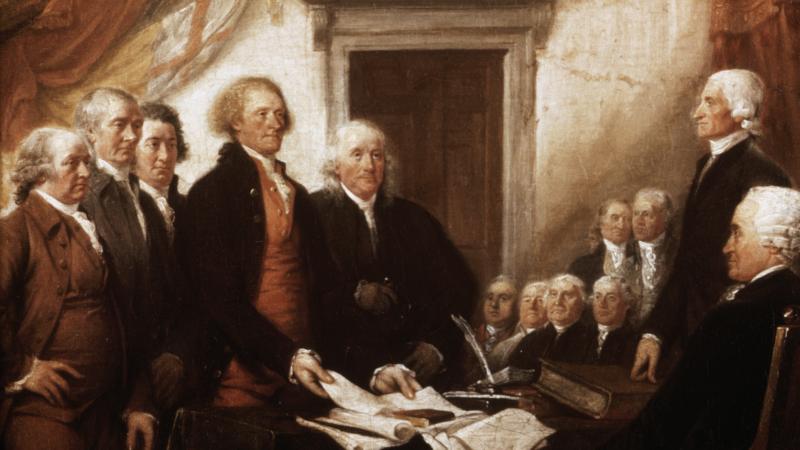Netanyahu's comebacks and the link to the economy
The past two times Bibi entered office as prime minister were during periods of economic turmoil.
As results from Israel's elections on Tuesday roll in, Benjamin Netanyahu is preparing for what may be his sixth term as prime minister, again being elected to the position amid a period of high inflation that he initially helped lower.
When Benjamin Netanyahu became Israel's youngest prime minister at the age of 46 in 1996, inflation was at 11.3% following several years of double-digit inflation, according to International Monetary Fund data.
When he was ousted in 1999 by social democrat leader Ehud Barak with a vote of 56.1% to 43.9%, inflation was cut down to more than half of where it was before.
Netanyahu and his conservative Likud Party made a comeback in 2009 amid the Great Recession. Although inflation was lower at that time, unemployment rose and GDP fell for the first time in years.
At the time, CNBC published an article titled, "Why did Bibi win? It’s the economy, stupid!"
The article acknowledged that national security was an issue at the time, but most Israelis became tougher on terror at this time due to the Second Intifada, the 2006 Lebanon War and various wars in Gaza, and the economy became the main issue.
"Fortunately for Bibi and the Israeli people, using the free market to reduce prices and improve services is not some academic pipe dream. The people there have seen it directly..." the article states.
When Netanyahu last left office in 2021, the country's GDP leaped 12% from pre-COVID pandemic levels.
While inflation in Israel is currently at 4.5% – well below U.S. numbers – it is still at its highest point since 2008.
Netanyahu and his allies appear likely to make a comeback, as exit polls show that his coalition won at least 61 of the 120 seats in the Knesset.














